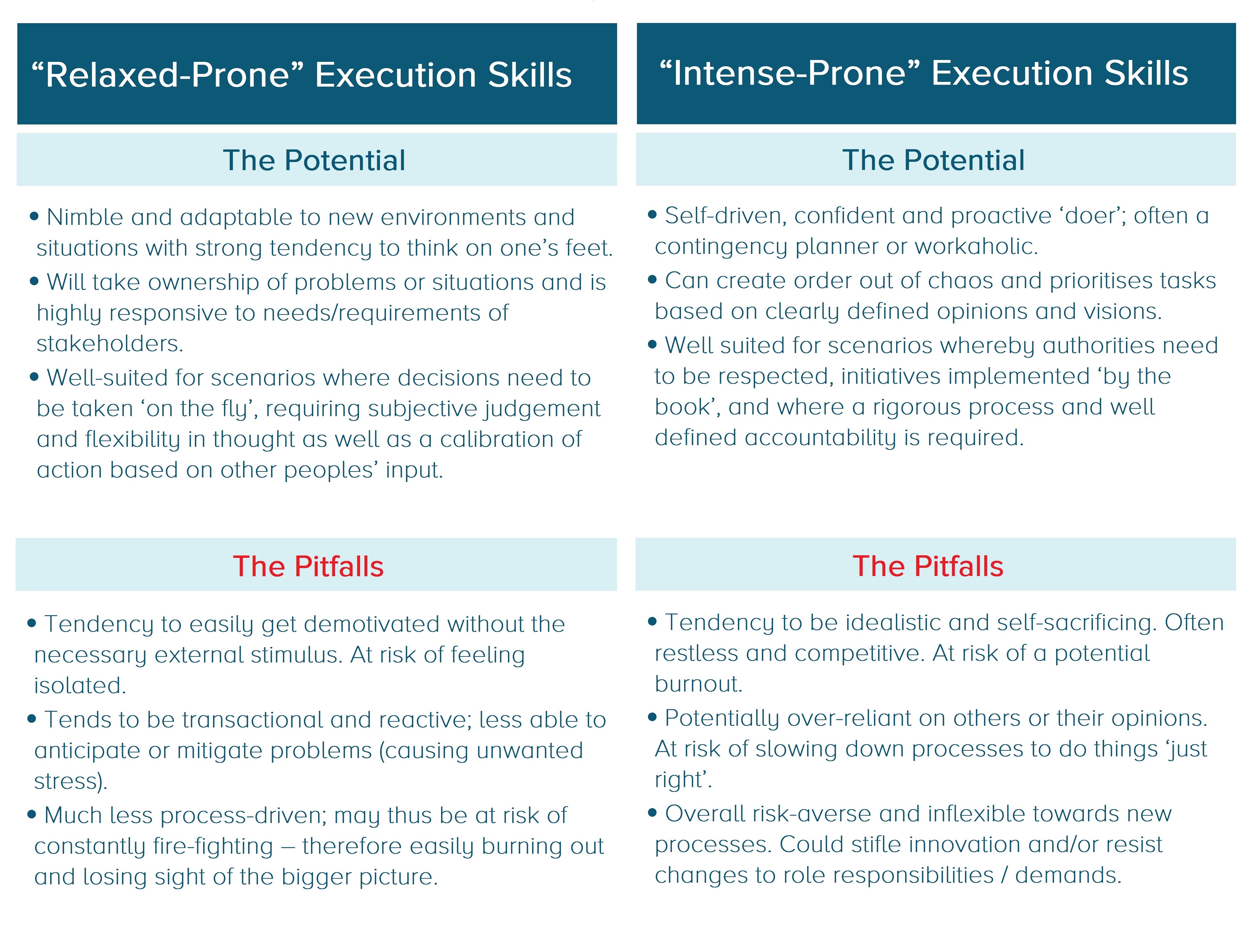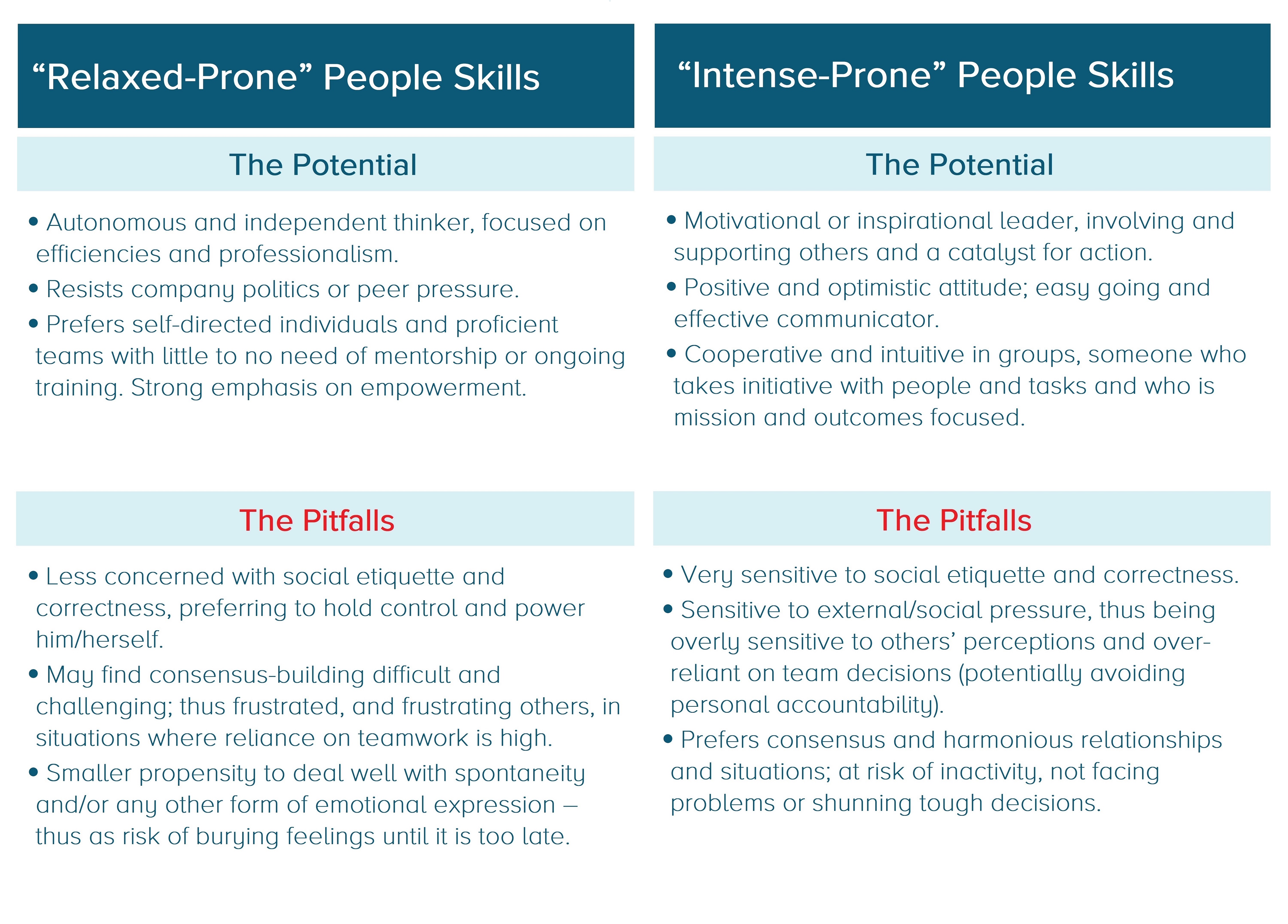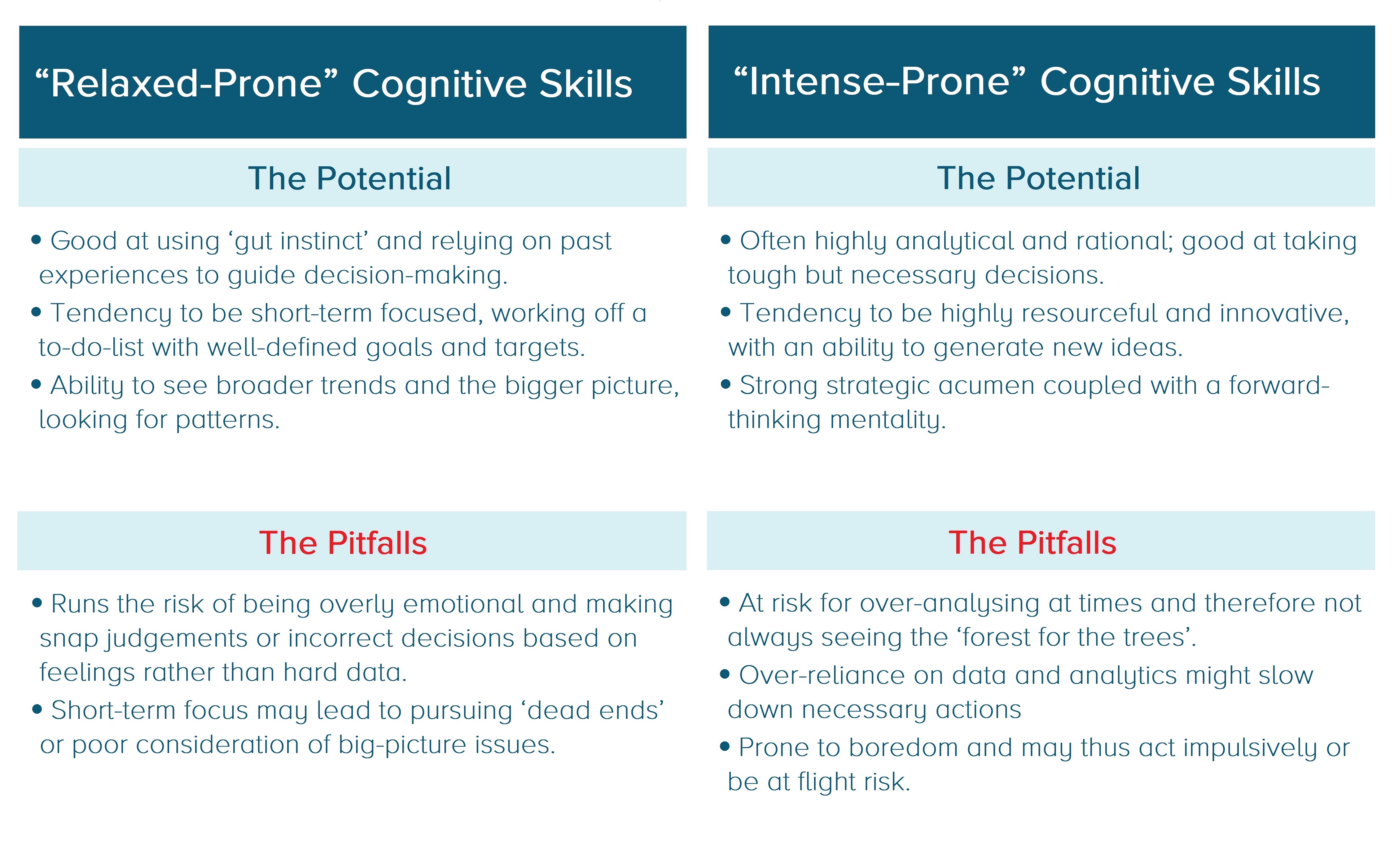Mental Wellness and Today’s New Workplace Norms
‘Mental wellness’ is a broad topic that involves our emotional, psychological, and social functioning. In what is a reflection of the fast-paced and high-pressure environments that we nowadays live in, it has increasingly topped the management agenda of many boards and HR executives across the globe. In a high-touch and hugely interdependent business environment such as the hospitality industry, many executives had already voiced concerns about losing their ‘equilibrium’ before the current COVID-19 crisis. Burnouts amongst staff and senior corporate executives were certainly not unheard of. The pandemic is now, however, threatening to further destabilise an already delicate situation. To cope with the ‘storm’ caused by the corona virus, many hospitality businesses have had either to release, redeploy or furlough employees. Irrespective of the preventative measures taken, the result has raised overall anxiety levels for employees – thus providing a potentially fertile ground to disrupt mental wellness.
Everyone Is at Risk for Disequilibrium: A Pressing Leadership Challenge
It is tempting to think that people fortunate enough to retain their jobs are ‘the lucky ones’ who can concentrate squarely on doing their best work to help their companies survive the present turmoil. However, one might argue that these executives could also be experiencing among the lowest levels of mental wellness. For instance, workers who remain employed are of two minds – one is focused on satisfying their employer’s demands, which have likely increased, whereas the other is focused on agonizing about their ongoing job security. Additionally, they will have to grasp a new reality quickly – a situation defined by new workplace norms of amplified stress, consolidated teams, increased role demands, telecommuting, and workplace activity dictated by contingency planning and short-term goal setting. In other words, many employed workers will probably be suffering anxiety on a 24/7 basis.
As the first line of defence against anxiety is often knowledge, it is important for leaders to self-reflect and educate themselves. More than ever, leaders must therefore carefully monitor and promote wellness in themselves and their workforce. This can be tricky, as team members have different psychological profiles and will therefore handle the ‘new normal’ in their own unique ways. Ultimately, though, there are three dimensions of professional performance that should be observed and supported:
- Execution skills (tactical work)
- People skills (working relationships), and
- Cognitive skills (problem-solving and decision-making)
Leaders will need to understand that strengths and weaknesses in their own performance and that of their teams will follow depending on their approaches related to these three dimensions. There is no absolute ‘right or wrong’ here as to where on the psychometric spectrum an individual or entire team ‘lands’ on these dimensions – instead, every spot along the performance continuum has the potential for positive and negative consequences. Leveraging Aethos™ 20+ years of experience in psychometrics, the below sections outline some key pointers for leaders to better understand their own traits, tendencies, and performance drivers, as well as potential pitfalls to which they might be especially exposed as they cope with the current crisis. The guidelines are based on aggregated and anonymised individual profiles from Aethos’ proprietary 20I20 Skills Assessment.
Potential and Pitfalls across the Spectrum of “Execution Skills”
This subject refers to how people approach their tactical work. It is defined by a spectrum that basically describes the degree of initiative and process-orientation.
Potential and Pitfalls across the Spectrum of “People Skills”
This subject refers to how people form and maintain working relationships with various stakeholders up and down the organization. It is defined by a spectrum that basically describes the degree of warmth and connectedness.
Potential and Pitfalls across the Spectrum of “Cognitive Skills”
This subject refers to how people think and act on information, that is, problem-solving and decision-making. It is defined by a spectrum that basically describes the degree of analytical ability and perspective.



